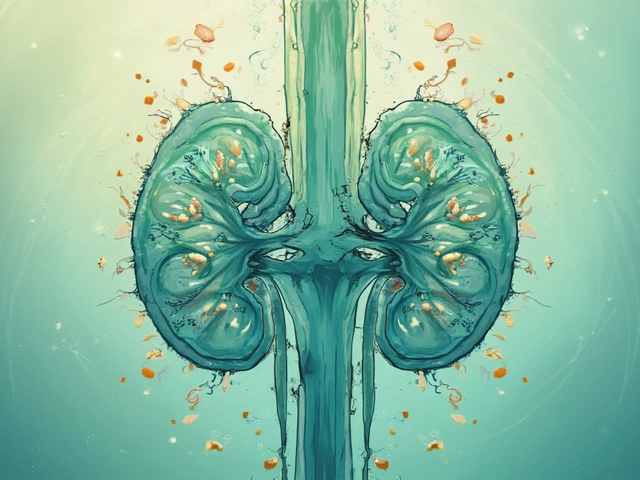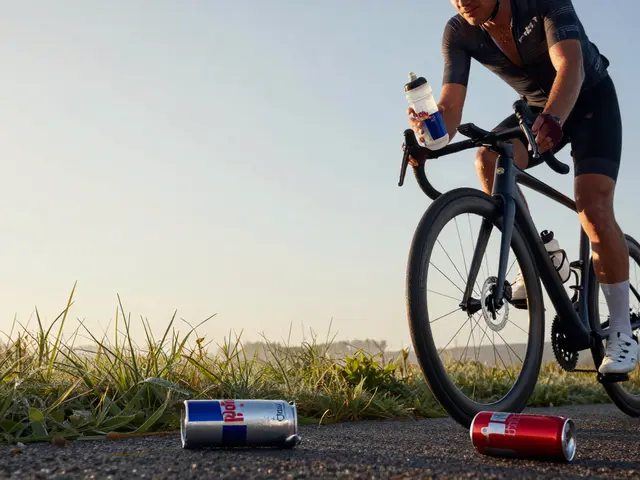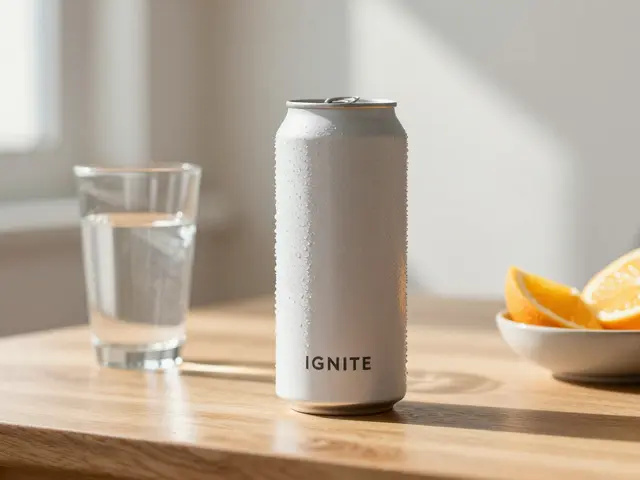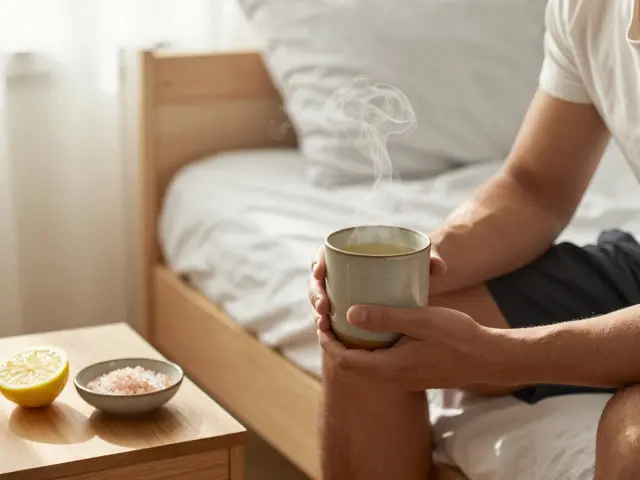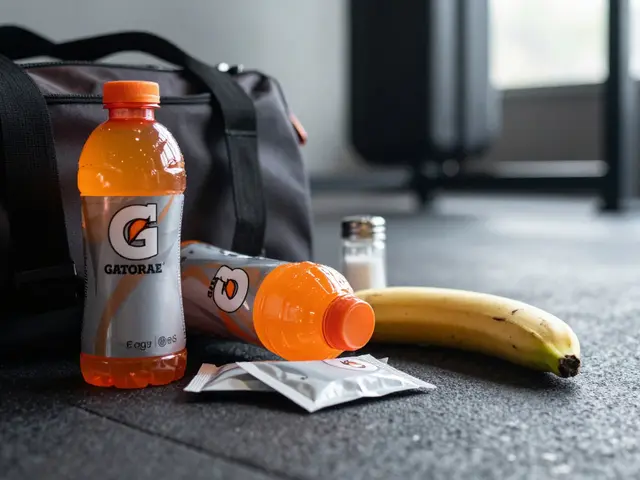Common Myths About Drug Dependence and the Real Facts

Picture this: You're chatting with a friend over flat whites at a Brisbane cafe, and the topic of addiction comes up. Suddenly, you notice just how many half-baked ideas people toss around as if they're set in stone. Drug dependence is tangled up in myths, and these stories don't just amuse—they can actually hurt real people. Misinformation leads to shame, missed chances for help, and sometimes even turns people away from their loved ones when they're needed most. So, time to disentangle fact from fiction.
Why Myths about Drug Dependence Hang Around
So why do these myths stick like glue? First, blame pop culture. Movies, TV shows, and even the nightly news love dramatic portraits—think of the troubled genius collapsing on the bathroom floor, or the recklessly evil dealer lurking around every corner. The real picture? A whole lot messier and far less glamorous than Hollywood would have you believe.
Then comes the misunderstanding of science. Even though research on addiction has soared in the last two decades, people still see it through the lens of 'personal failure' instead of as a medical issue. A 2023 Australian survey found over 60% of people rank drug dependence as a moral weakness rather than a condition—yikes. That means stigma clings both to those struggling and their families.
Family stories and community gossip add fuel to the fire. Maybe your neighbour’s cousin's friend 'just quit' one day and never looked back, so the rumour is anyone can do it if they 'really want to'. But anecdotes leave out the bigger scientific picture. And let’s not ignore the power of slang and loaded words. The term 'junkie' doesn’t just describe someone’s drug problem—it stamps their whole identity with one label, erasing everything else about them.
Some myths hang around because they're comforting. It’s easier to believe addiction only happens to 'those people,' or because of a certain personality, so we feel safe from it. But substances don’t play favourites. All backgrounds, careers, and ages are in the game.
What are these sticky myths, and what’s the truth? Let's walk through the real story.
Myth 1: Drug Dependence Is a Choice or a Failing of Willpower
Ask anyone who's faced drug dependence: If it was all about willpower, their lives would look completely different. The idea that quitting is simply a matter of 'just saying no' isn't just outdated—it's factually wrong.
Modern brain science shows that with continuous substance use, brain circuits physically change—especially the ones that handle self-control, motivation, and reward. These are changes you can spot on brain scans. Dependence hijacks those circuits, pushing the brain into a new 'normal' where getting and using the drug is as essential as eating or drinking.
Research from the National Drug and Alcohol Research Centre at UNSW shows that upwards of 80% of people who become dependent want to quit at some point, but most can't just snap their fingers and make it happen—because the brain wiring has shifted. That’s why dependence is recognised as a medical condition by the World Health Organization.
Why does this myth survive? Guilt and shame play a big part. It can feel easier for families or those affected to frame addiction as a moral failure than accept that anyone—yes, anyone—can end up in the same situation given the right mix of biology and life circumstances.
Thinking dependence is just a matter of will makes people less likely to seek help. Studies show that believing addiction is a 'character flaw' leads to avoiding doctors, therapists, or support groups, even when those options can save lives.
This myth also leads to dangerous advice—like suggesting people 'tough it out' or 'just focus on something else.' Instead, treatment works best when we view drug dependence as a health condition, needing skilled care and ongoing support, much like diabetes or asthma.
Myth 2: Only Certain Kinds of People Get Dependent on Drugs
The idea that drug dependence 'could never happen to me' has real-world consequences. Plenty of folks imagine a 'typical' person struggling with drugs: young, maybe unemployed, hanging around bad influences, and with a family history of troubles. That stereotype falls apart under scrutiny.
Here’s what the actual data says. According to the Australian Institute of Health and Welfare, the majority of people using substances are employed adults, often with strong ties to family and community. About 27% of all Australians aged 14 and over reported using an illicit drug at some point—hardly a tiny, fringe group. The survey also found nearly equal rates of drug use between regional and urban areas, shattering the myth that substance problems are 'a big city thing.'
Factors contributing to dependence include genetics, mental health, trauma history, and even prescription drugs for injuries or conditions—a common path for grandparents and sports players alike. When people imagine that only 'others' get dependent, they ignore risks in their own worlds, making prevention and early support harder.
This myth also ramps up stigma against people who look, dress, or act differently. It's not just unfair—it's dangerous. It can mean warning signs get missed, or that loved ones find it hard to reach out for help. Drug dependence sees no boundaries: it can start in the suburbs, the city, the boardroom, or the schoolyard.
For parents reading this, take note: shaming or blaming makes a kid less likely to open up. Honest conversations—with facts, not fear—actually strengthen trust and early intervention.

Myth 3: Once Dependent, Always Dependent—Recovery Is Impossible
If you’ve ever heard someone mutter 'they’ll never change,' you’ve heard this myth in action. The 'always an addict' belief feeds hopelessness, even despair. Here’s the truth: recovery happens, and more often than you think.
Yes, dependence is a relapsing condition—meaning people can slip up or return to substance use even after years of progress. But relapse doesn’t erase recovery. In fact, the relapse rates for drug dependence are similar to other chronic illnesses like asthma or hypertension: between 40%–60%. People with asthma don’t get blamed for a bad attack, so why should it be different here?
The story that 'no one ever recovers' is simply false. In Australia, a 2024 follow-up study at Curtin University tracked people in recovery from opiate and stimulant dependence. After five years, nearly half were completely drug-free, and most of the rest had dramatically improved mental and physical health. The key? Ongoing support—like support groups, therapy, medical treatment, and strong social connections.
One reason this myth sticks around is because of quick relapses. When someone tries and 'slips,' outsiders judge it as failure. But in reality, recovery is rarely a straight line. Imagine learning any big life skill—falling off the bike is part of learning to ride it, right?
For families or friends supporting someone in recovery, patience and understanding matter most. A relapse isn’t the end of progress. Encouraging honest conversations, helping with professional resources, and celebrating little victories all make recovery much more likely.
Want some proof? Check the stats table below:
| Condition | 5-Year Recovery Rate |
|---|---|
| Alcohol Dependence | ~40–60% |
| Opiate Dependence | ~30–50% |
| Asthma (Symptom Control) | ~60% |
| Hypertension (Symptom Control) | ~50–70% |
Notice how similar those numbers are? Dependence is manageable, treatable, and people can and do thrive after it.
Myth 4: Prescribed Medications Aren't Addictive, Only Street Drugs Are
This one always gets a reaction. How often do you hear someone say, 'It’s prescribed, so it must be safe'? The truth is, prescription drugs can lead to dependence—sometimes quietly and unexpectedly.
Take painkillers like oxycodone or codeine. Data from the Therapeutic Goods Administration in Australia shows opioid prescriptions nearly doubled between 2000 and 2020. More than two-thirds of accidental opioid deaths now involve prescription drugs, not street drugs. Doctors are aware of the risks, and guidelines are much stricter now—but dependance still happens, even with 'safe' medications.
It’s the same story for certain sleeping pills and anti-anxiety meds, like benzodiazepines. Even if used as prescribed, long-term use can tip the balance from medical help to dependence. The line is especially blurry for older adults, who are more likely to have repeat scripts and may feel embarrassed to talk about side effects or cravings.
Don’t let this myth push you away from needed meds, though. Not everyone gets dependent, and for some, the benefits really do outweigh the risks—but it always pays to check in with your doctor. Speak up if you notice you’re needing higher doses or if you’re stressed about stopping. There are ways to safely taper off meds, and several non-drug alternatives can help manage symptoms – things like physiotherapy, psychology, or lifestyle changes.
Here's a helpful table on prescription drug dependence in Australia:
| Drug Type | 2023 Dispensing (million/year) | Dependence Risk |
|---|---|---|
| Opioid Painkillers | 17.8 | High (with prolonged use) |
| Benzodiazepines | 6.2 | Moderate to high |
| Stimulant Medications | 2.3 | Moderate (mainly misuse) |
It’s all about honest conversations—no judgement, just facts. And remember—meds don't have 'personalities.' How drugs interact with your body depends on your biology, mental health, and history, not whether you filled your script at the local chemist or bought something dodgy online.
Busting Myths: Tips and Next Steps for a Kinder, Smarter Approach
By now, it's clear the biggest danger in drug dependence isn’t just the drugs—it’s the cloud of myths wrapped around them. But you don’t have to be a specialist to make things better. Here’s what works in daily life:
- Check your sources. Before buying into a dramatic news story, check with health agencies like the Alcohol and Drug Foundation or the Australian Drug Information Network for up-to-date, research-backed facts.
- Avoid labels. Instead of calling someone an ‘addict’, try ‘person with dependency’ or ‘person in recovery’. You'll be surprised how much language shapes understanding and empathy.
- Don’t shy from conversations. If you’re worried about yourself or someone else, talking honestly—without blame or shame—is the first step. You might be the reason someone decides to get help.
- Support, don’t lecture. People heal faster when they’re met with encouragement. Trade advice for real help: offer lifts to appointments, childcare, or a meal, not just pep talks.
- Stay alert for relapse warning signs, but respond with understanding. Ups and downs are normal. Your understanding could mean the difference between shame-driven secrecy and reaching out for support again.
- Push for better policies. Communities thrive when there’s access to harm reduction services like needle exchanges, naloxone kits, and open clinics. Talk to your local MP or join a health advocacy group to nudge change where you live.
Here’s a screenshot of how even a pet—yeah, my cat Whiskers—reacts to difficult conversations: an unamused tail swish followed by curling up for a nap. If only it were that simple! People need safety, facts, and kindness, not judgement.
Turning the tide on drug dependence means saying goodbye to lazy stereotypes and outdated myths. When people stop listening to the old stories and start paying attention to science—and to each other—shame fades away, and healing gets the space it needs. That’s the kind of world I want to see, right here in Brisbane and everywhere else, too.

